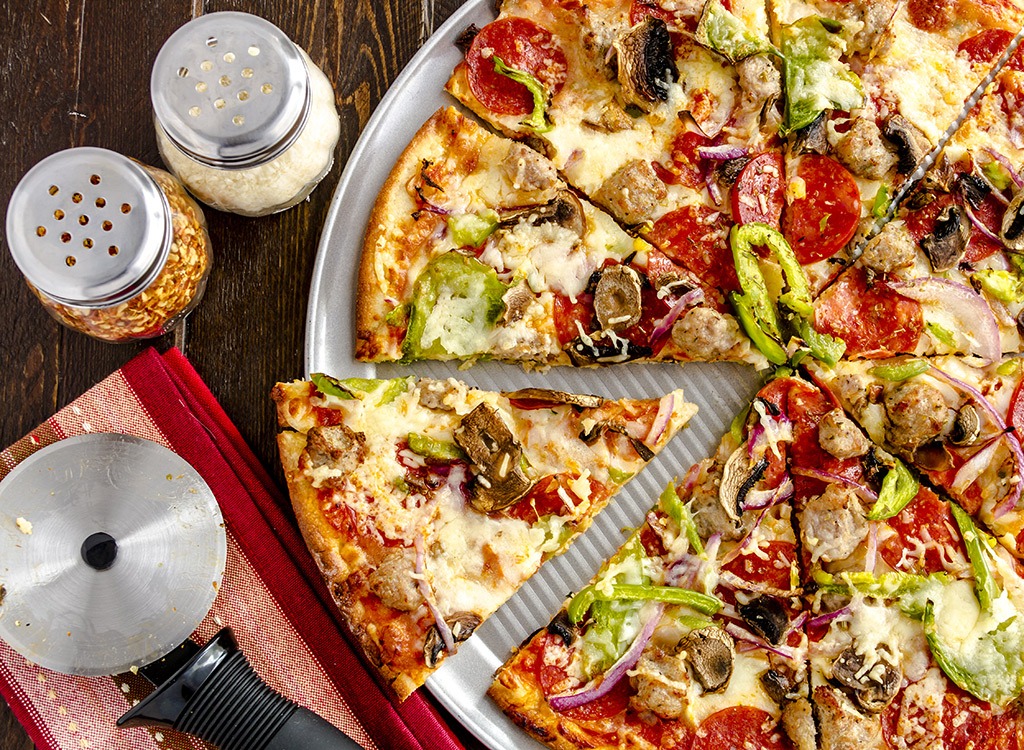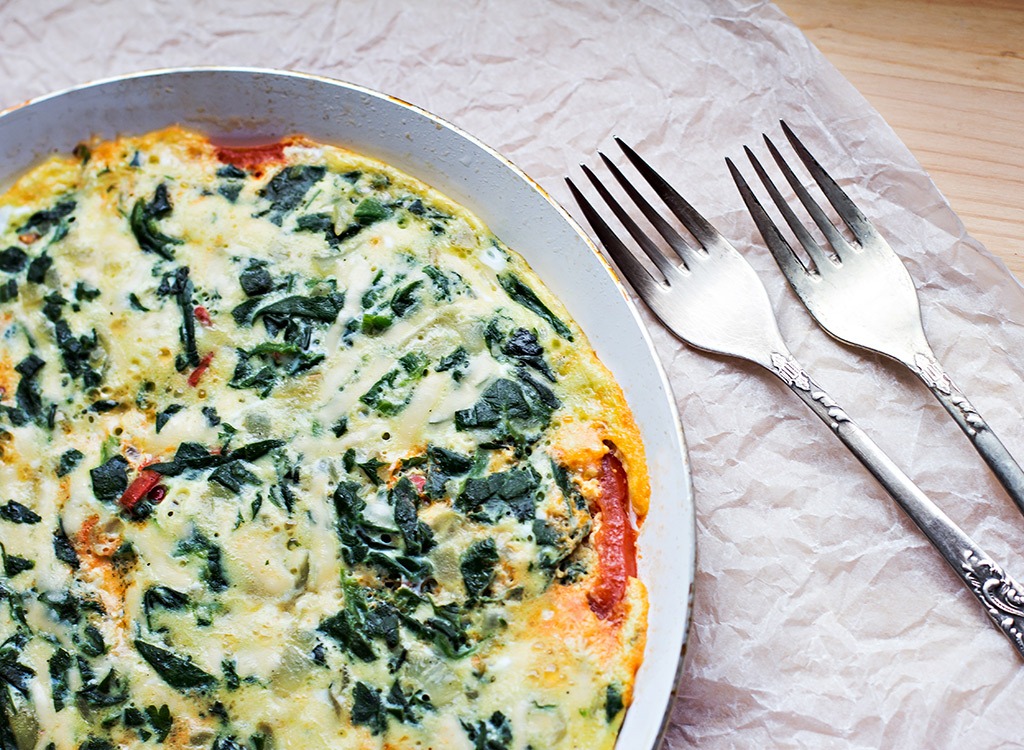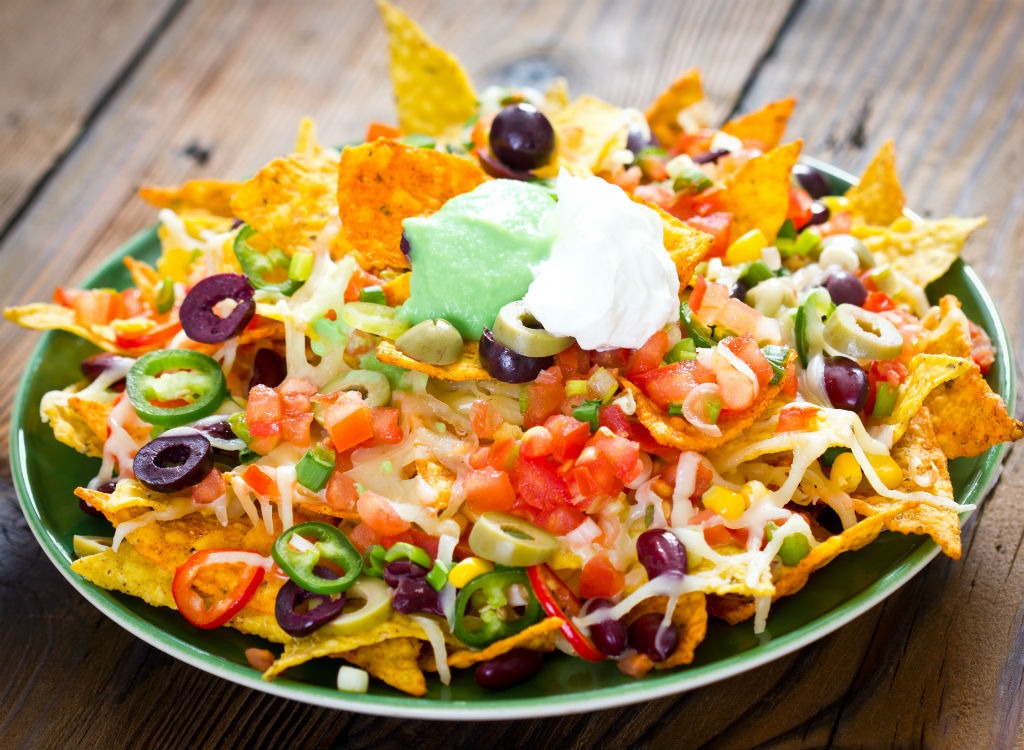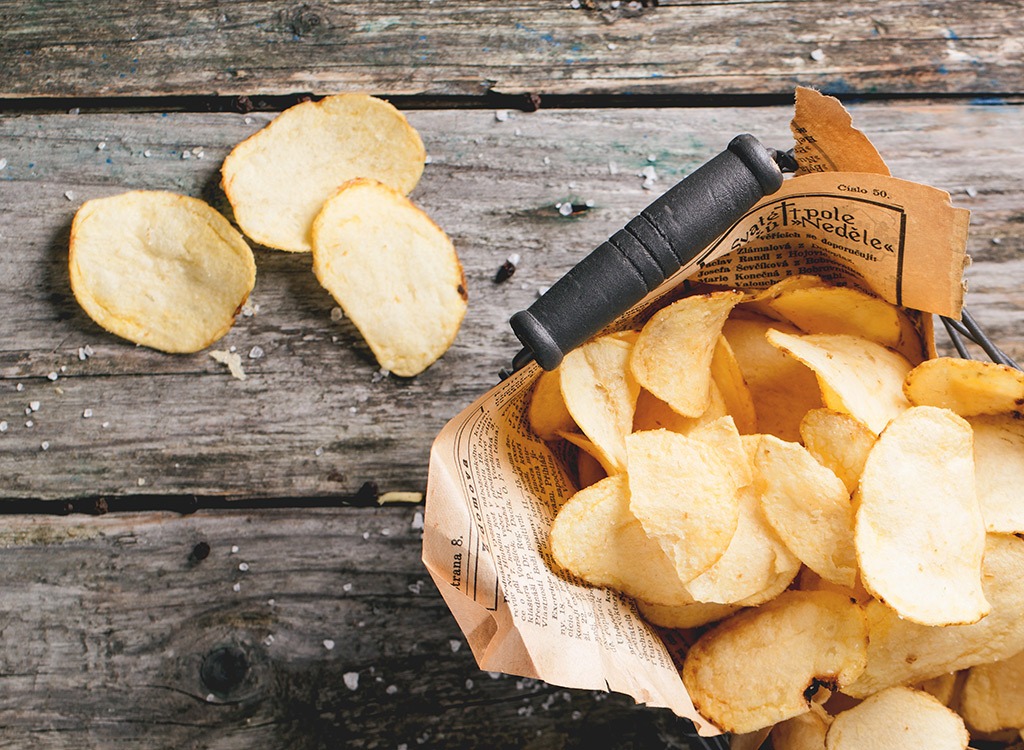How 6 Fitness Pros Do Cheat Days

One day (or one meal) of the week, you can nosh on the foods you’ve axed from your healthy meal plan—without feeling guilty or packing on pounds. While either may sound like a godsend to dieters far and wide, cheating on your diet—especially for a whole day, not just one meal—probably has as many proponents as opponents. To get the scoop on this slim-down strategy (and whether having a cheat meal trumps having a cheat day), we turned to six fitness gurus. Here, how—and if—they embrace the treat-yourself mentality.
Rebecca Kennedy, Creator of A.C.C.E.S.S., Nike Elevated Trainer, and Barry’s Bootcamp Master Trainer
What are your thoughts on cheat days or meals?
“I recommend it to everybody and use them myself.”
What are the benefits of cheating on your diet?
“It mentally allows some space so that you have something to look forward to and really keeps you on track during your meal plan for the week. But instead of a cheat day, I say have a cheat meal. You don’t need to ruin an entire day by stocking up on all those calories. If you really want a dessert or pizza, know that’s going to be your cheat meal. If you’re craving it that badly, then go for it and tailor the rest of the week with that in mind. If it’s well planned, you can have something to look forward to.”
What do you typically eat on those days?
“It’s different all the time. I’m Italian, so I really enjoy Italian food. Generally, when I go to have a cheat meal, it’s in that family—it’ll be pasta or bread. My body doesn’t really like it, but I enjoy the taste of it and the ambiance of it. It’s truly delicious, but my body does talk back the next day. It feels great going down, but it doesn’t leave you with great energy or a great feeling the next day.”
How do you work out after your cheats?
“Not really. If I have a cheat meal, I know that I’ve consumed a lot of calories, and I want to burn them off. So I might want to go heavier metabolically—like going for a high-intensity workout or lift heavier that day, or throw in some extra plyos to continue to burn calories after I’ve stopped.”

Anna Kaiser, Celebrity Trainer and Founder of AKT InMotion
What are your thoughts on cheat days or meals? What are their benefits?
“I like to call them ‘treat’ days because you deserve it after working so hard all week. It will also rev up your metabolism, and you’ll be motivated to work out harder before and afterward.”
Do you think they’re effective?
“Yes, as long as it’s one meal and not an entire day. Also, treating yourself to a beautiful steak and baked potato is different than four slices of pizza and a six-pack of beer. The way we view the actual ‘treat’ makes a difference. Try not to confuse binging with ‘treating.'”
What do you typically eat on those days?
“I’ll head to brunch with friends and have an omelet with cheese, spinach, and mushrooms, rosemary truffle potatoes and a Bloody Mary! Yum!”
How do you work out after your cheats?
“I usually do a thorough workout right before and head out when my metabolism is revved up.”

Rob Sulaver, Founder and CEO of Bandana Training
What are your thoughts on cheat days or meals?
“I believe cheat days are awesome, but only if you’ve earned them—only if you’re dieting hard. They’re usually best for bodybuilders or weight class athletes.”
What are the benefits of cheating on your diet?
“They help with nutritional compliance by motivating you through less-awesome meals, decrease ghrelin (the “I’m hungry” hormone), increase leptin (the “I’m full” hormone), reinvigorate your training and make your life happy.”
What do you typically eat on those days?
“Everything. ALL of it. Pizza. Ice cream. Pop Tarts. Nachos. Extra gluten. Extra cheese. Extra happiness.”
How do you work out after your cheats?
“Usually for me, cheat days would happen after weigh-ins, so the workout would be over.”

Ashley Borden, Fitness and Lifestyle Consultant
What are your thoughts on a cheat day or meals? What are the benefits?
“I never call them a cheat day. I like to call them an ‘off day.’ I would say about 99% of people do not eat ‘perfectly’ every day of their life. Structuring an off day or two during the week and weekend allows for indulging without turning it into a binge. When some people know they have an off day of food to look forward to, it gives them the motivation to eat clean the rest of the week.”
Do you think they’re effective?
“Many people try to focus on a good food plan during the week. Having ‘off’ days gives your brain a reprieve to not be so hyper-focused on food 24/7. I found too much hypervigilance can lead people to overeat.”
What do you typically eat on those days?
“Kettle chips sea salt and vinegar, Talentini ice cream (anything chocolate) and thin-crust cheese pizza!”
How do you work out after your cheats?
“I vary my workouts between HIIT, Olympic Lifting, heavy days of big muscle group training (bench press, back squats, front squats, pull-ups, etc.) and kickboxing. Because I train with a lot of intensity, I’m not as worried about counting calories. I enjoy what I’m eating and move on. If I’m not training hard, I don’t usually crave an ‘off’ day as much.”
Rachel Vaziralli, MS Exercise Science, Schwinn Master Trainer, and Equinox Master Trainer
What are your thoughts on a cheat day or meals?
“I don’t actually believe in calling a day where you indulge beyond your normal nutrition a ‘cheat day.’ To me, that term sounds negative and implies that enjoying food is a bad thing—which it surely is not.”
What are the benefits of cheating on your diet?
“It all depends. Fat loss is not as simple as this math, but it can help explain this concept a bit more clearly. There are 3,500 calories in one pound of fat, and you can safely lose about one to two pounds a week. So if you were able to successfully burn off an extra 3,500 calories through working out and cutting back on unnecessary calories during your week, you might be on your way to a one-pound fat loss. But then if the weekend comes and you ‘cheat’, you could easily put it all back on and end up in a cycle of not getting the results you want. A better approach is working out consistently, being mindful of nutrition, and not depriving yourself of an occasional treat within reason, or you’ll end up on a weekend bender that will destroy all your hard work!”
How do you work out after your cheats?
“I wish maintaining physique was as simple as calories in calories out, but it’s not always that simple, so, no, I wouldn’t really change my workout based on that. However, you burn more calories post-workout (especially within the first 30 to 45 minutes), so if I know I’m going to brunch on Saturday and plan on getting pancakes, bacon and Bloody Marys, I would do my workout right before if possible!”
Jonathan Angelilli, Personal Trainer, Creator of Train Deep Exercise Alchemy, and American Ninja Warrior Auditionee
What are your thoughts on a cheat day or meals?
“It’s a tool. It isn’t good or bad—it varies by person and where they are in their relationship with food. It can be a crutch to think of foods as categorically bad. I also don’t love the word ‘cheat’ because we have this guilt culture. Sometimes you’re better off eating the ice cream and feeling good about it than feeling bad about it for a few days. Feeling bad about it is toxic to your system.”
What are the benefits of cheating on your diet?
“For some people, it’s very helpful and makes it easy to retain some kind of balance. The ultimate truth is that if you don’t feel satisfied in your diet, you’re going to have trouble maintaining it. If you can maintain the balance by having a cheat day, then it can help. Cheat days can give you the satisfaction of not feeling deprived.”
How do you work out after your cheats?
“When I indulge, I don’t feel guilty about it or like I did something wrong. If there have been days—and there have been, they just don’t happen that often (they’re usually very environment-driven, like Thanksgiving)—when I overindulge, I do do some kind of movement, but I try to do something that allows me to feel good. That may mean a high-intensity workout, or it may mean a hike or brisk walk, or twisting (which aids digestion). It usually doesn’t involve me pushing my limits in the gym.”